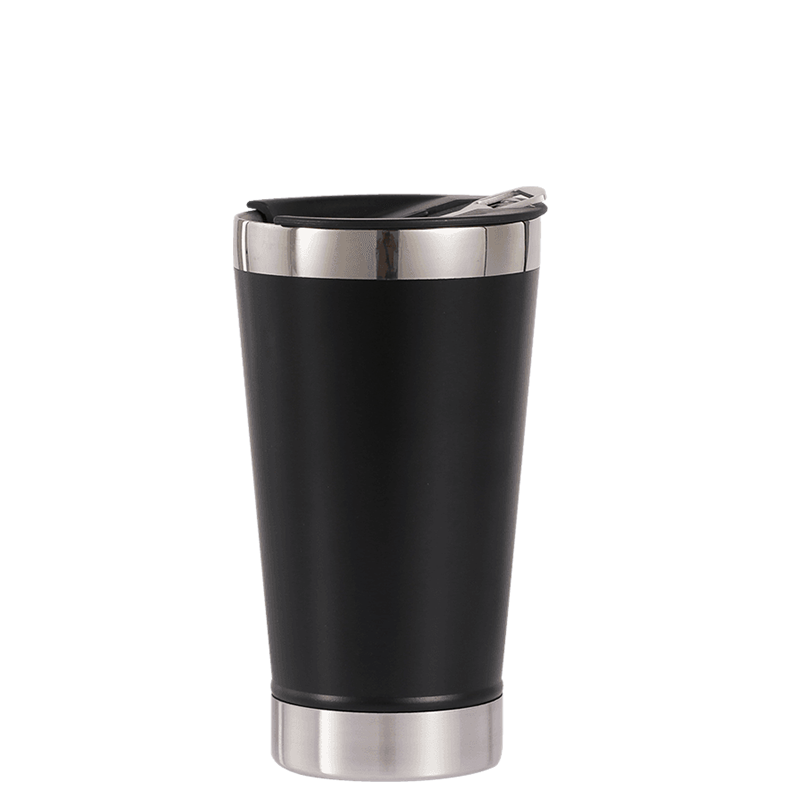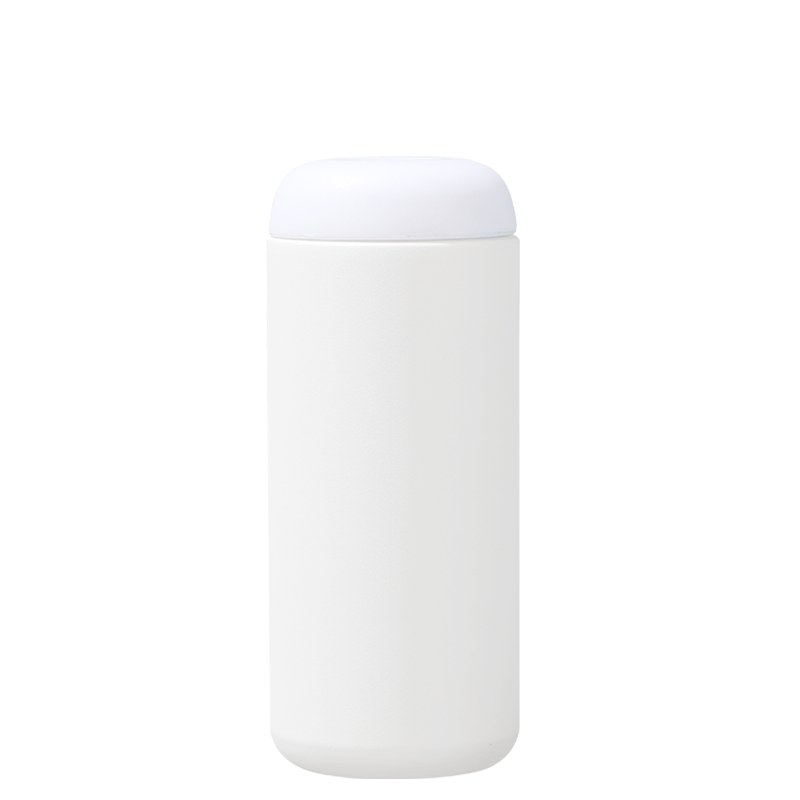
+86-13566758039

Industry News
Stainless steel vacuum insulated mug has become increasingly popular for its ability to keep beverages hot or cold for extended periods. However, the quest for improving their rust resistance is an ongoing challenge in the manufacturing industry. This article explores various methods and innovations aimed at enhancing the rust resistance of these mugs, ensuring they remain a reliable and durable choice for consumers.
The primary material used in the construction of stainless steel vacuum insulated mugs is, as the name suggests, stainless steel. This metal is known for its resistance to rust and corrosion due to the presence of chromium, which forms a protective layer on the surface. However, the quality of stainless steel can vary, and not all grades are equally resistant to rust. Manufacturers must select the appropriate grade of stainless steel for their vacuum insulated mugs to ensure rust resistance. For instance, austenitic stainless steel, such as 304 or 316, is often preferred due to its higher chromium and nickel content, which provides better corrosion resistance.
Beyond material selection, the manufacturing process plays a crucial role in the rust resistance of stainless steel vacuum insulated mugs. Proper heat treatment and forging techniques can enhance the metal's inherent properties, making it more resistant to rust. For example, solution annealing, a heat treatment process, can dissolve carbon in the steel, reducing the risk of intergranular corrosion and improving overall rust resistance.
Another factor to consider is the design of the mug. A well-designed stainless steel vacuum insulated mug will have crevices and areas where water or other liquids can pool and cause corrosion. Smooth surfaces and seamless construction are preferred to reduce the risk of rust formation. Additionally, the mug's lid should be designed to provide a tight seal, preventing moisture from entering the interior and coming into contact with the stainless steel.
Coatings and surface treatments can also be applied to stainless steel vacuum insulated mugs to enhance their rust resistance. For example, a thin layer of titanium nitride can be applied to the surface of the mug, creating a barrier that protects the stainless steel from environmental factors that could cause rust. Similarly, passivation treatments can be used to clean the surface of the mug and remove any contaminants that might cause corrosion.
Regular maintenance and proper care of the stainless steel vacuum insulated mug are also essential in preventing rust. Users should avoid using abrasive cleaning tools or harsh chemicals that could damage the protective layer on the mug's surface. Instead, a soft cloth and mild detergent should be used for cleaning. Additionally, the mug should be dried after each use to prevent the formation of moisture that could cause rust.
Innovations in material science are also contributing to the development of new stainless steel alloys with improved rust resistance. Research into nanotechnology and the development of advanced coatings are opening up new possibilities for enhancing the durability and rust resistance of stainless steel vacuum insulated mugs.
In conclusion, enhancing the rust resistance of stainless steel vacuum insulated mugs is a multifaceted challenge that involves material selection, manufacturing processes, design considerations, surface treatments, and user care. By understanding and addressing these factors, manufacturers can produce mugs that offer good rust resistance, ensuring that consumers can enjoy their hot or cold beverages without worrying about the longevity of their stainless steel vacuum insulated mugs.
Your email address will not be published. Required fields are marked *








* Your email is safe with us, we don't spam.


Our company's products include vacuum flasks, beer mugs, coffee mugs, car tumbler, fire stove and tensile parts, etc.
Phone: +86-13566758039
Tel: +86-0579-87171178
Fax: +86-0579-87171178
E-mail: [email protected]
Add: No.29, Qiaodong Road, Qiaotouzhou Village, Longshan Town, Yongkang, Jinhua, Zhejiang, China.

 English
English 中文简体
中文简体 日本語
日本語 Français
Français Español
Español